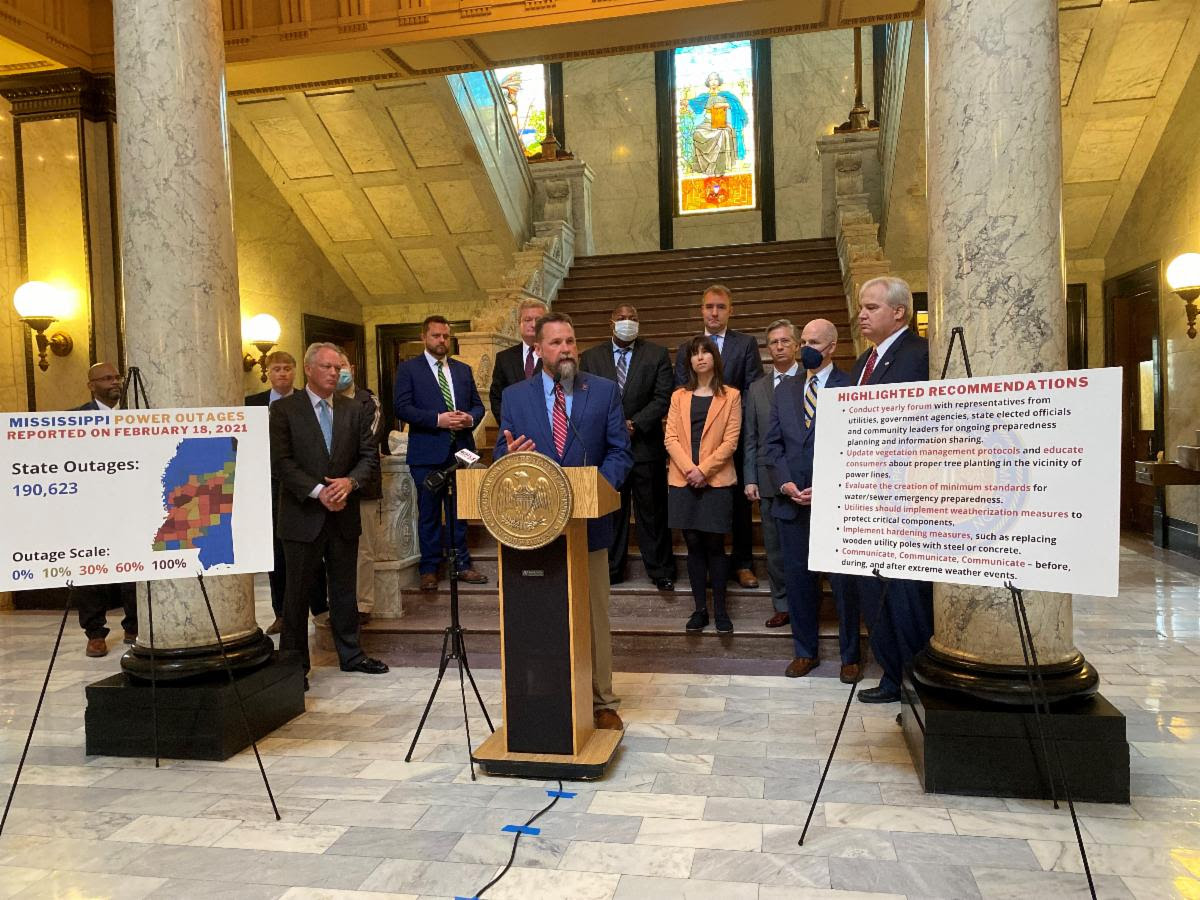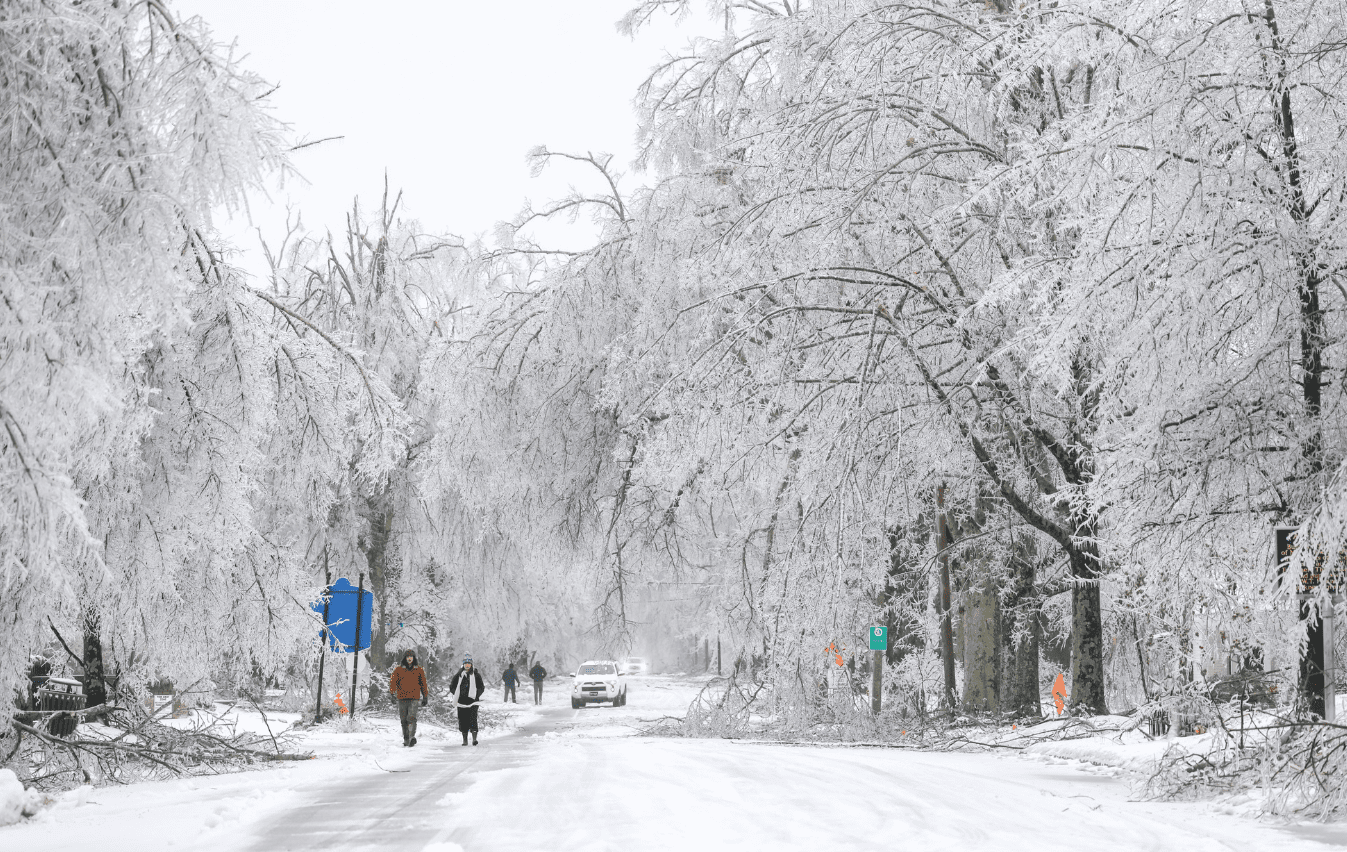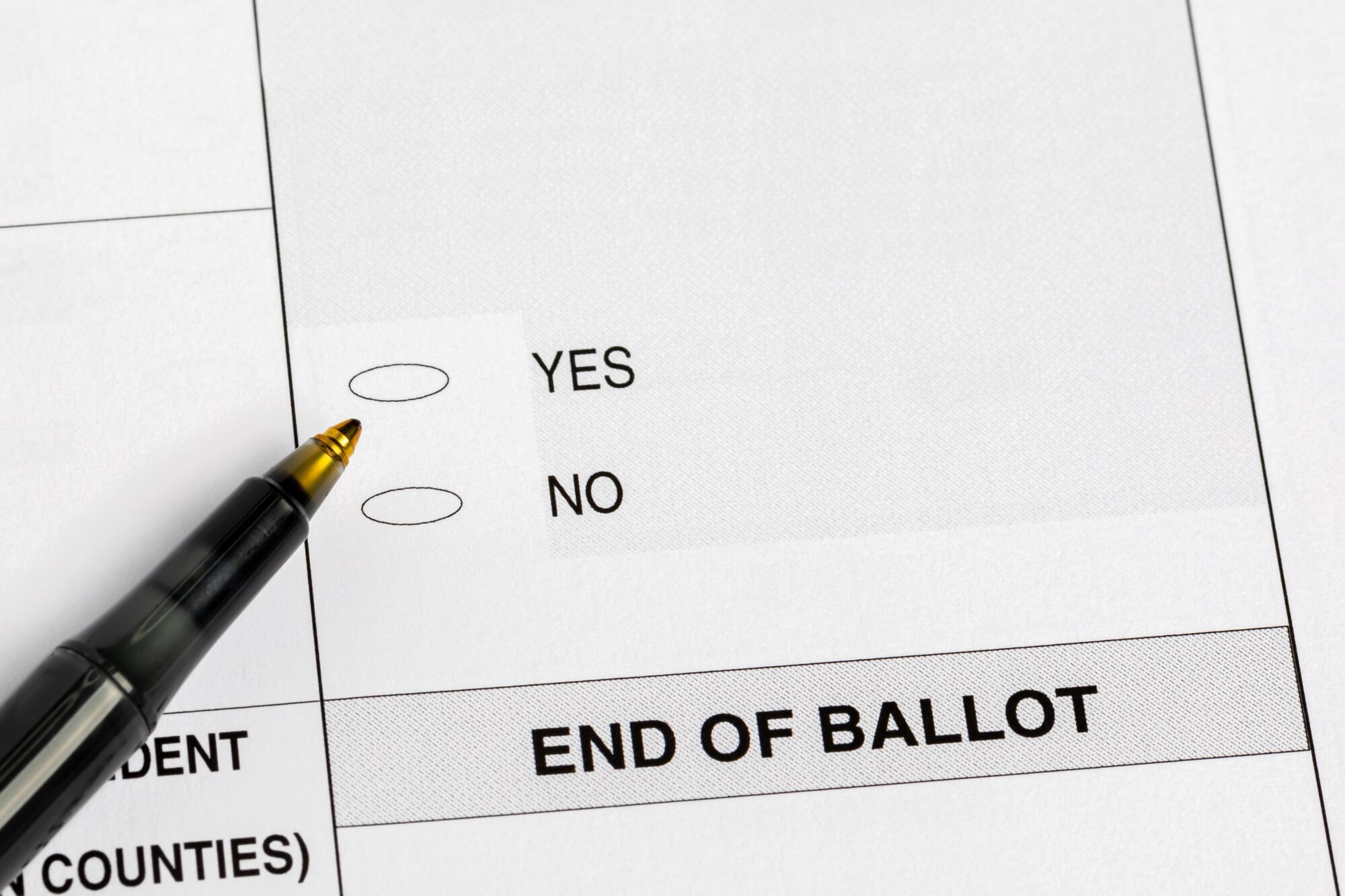
Report highlights areas where improvement can be made related to grid resiliency, vegetation management, cybersecurity, and communication plans.
Last year following the ice storm that hit much of central and north Mississippi, the Public Service Commission announced that it would launch a comprehensive review of the condition and resiliency of the state’s public utility infrastructure. Their hope was to avoid future large-area outages of essential utility services due to extreme weather, natural disasters, and other disruptions.
To help in this task, the PSC contracted with Del Sol Consulting, Inc. (Del Sol), a disaster recovery consulting firm specializing in providing expert consultation and staff augmentation to clients facing the daunting tasks of pre-planning for potential natural disasters, responding to disasters, and effectively implementing long-term recovery strategies. Del Sol was supported by Royal Engineers and Consultants, LLC (Royal), a full-service engineering and consulting firm with significant experience in the management of disaster recovery programs.
Del Sol and Royal assisted the Commission in reviewing and analyzing the Public Utility Infrastructure Review responses received from Mississippi’s electric, natural gas, water, and telecommunication public utilities and developing the summarized findings and recommendations included in the report.
That report was released this week for public review (see the complete version below).
Southern District Commissioner Dane Maxwell (R), chairman of the Commission, joined Y’all Politics earlier this week to preview the release of the report. He said the primary need for the review was to assess grid resiliency, cybersecurity, and communications between stakeholders, among other things.
Watch the interview with Maxwell below.
Central District Commissioner Brent Bailey (R) held a press conference at the Capitol on Thursday to highlight the report’s finding. He said it was the PSC’s job to ensure reliable utility services across the state.

“Our jobs as regulators charge us with the responsibility to ensure utilities provide reliable services across a resilient infrastructure network,” Commissioner Bailey said. “New challenges for our utilities statewide were presented during the unprecedented 2021 winter storm event which we felt should be examined. Icy roads, downed vegetation, ice on utility infrastructure and other effects of the long-term, bitterly cold temperatures caused thousands of customers to go without power and/or water for several days.”
Northern District Commissioner Brandon Presley tweeted that now that the report is completed that the PSC “must take meaningful, specific action.”
“My goal is that Mississippi NEVER have the deadly results we all saw in Texas,” Presley posted.
This time last year MS experienced unprecedented winter weather. As a result, the PSC began a full review of utility infrastructure. The report is complete and we must take meaningful, specific action. My goal is that Mississippi NEVER have the deadly results we all saw in Texas.
— Brandon Presley (@BrandonPresley) February 17, 2022
In April 2021, the PSC circulated emergency preparedness and disaster response/impact surveys to public utilities across the state, including electric, natural gas, telecommunications, water and sewer. A total of 87 surveys were issued with a 90% response rate. The responses received from the utilities were compiled and analyzed by resiliency specialists to determine the strengths and weaknesses of each sector and to provide recommendations on improvements.
The report states that while the Mississippi utility companies seemed to follow their emergency plans during and in the wake of the severe weather event, challenges still existed, including frozen regulators, loss of power and telecommunication connection, and outdated, unprotected water infrastructure that failed.
The electric utilities expressed that vegetation management is a critical routine maintenance practice. Having an effective vegetation management plan reduces day-to-day outages and outages due to an extreme event.
The report also found that not all utilities have emergency response or communications plans.
In addition, cybersecurity and cyber threats are becoming a more prominent concern to public utilities throughout the country.
“It is recommended that the public utilities continue to communicate with each other and the PSC to improve the planning and preparedness of their systems to increase their resilience in future weather-related events,” the report states. “Utilities should also strengthen their cybersecurity defense, establish and maintain emergency response and communications plans, and create fuel supply redundancy and diversification. Training, pursuing available funding sources, completing pre-positioned contracts and mutual aid agreements, implementing hardening measures, and critical supplies tracking are just a few measures utilities can take to increase their resiliency to future storms.”
MPSC Utility Infrastructure Review Feb 2022 Final by yallpolitics on Scribd











